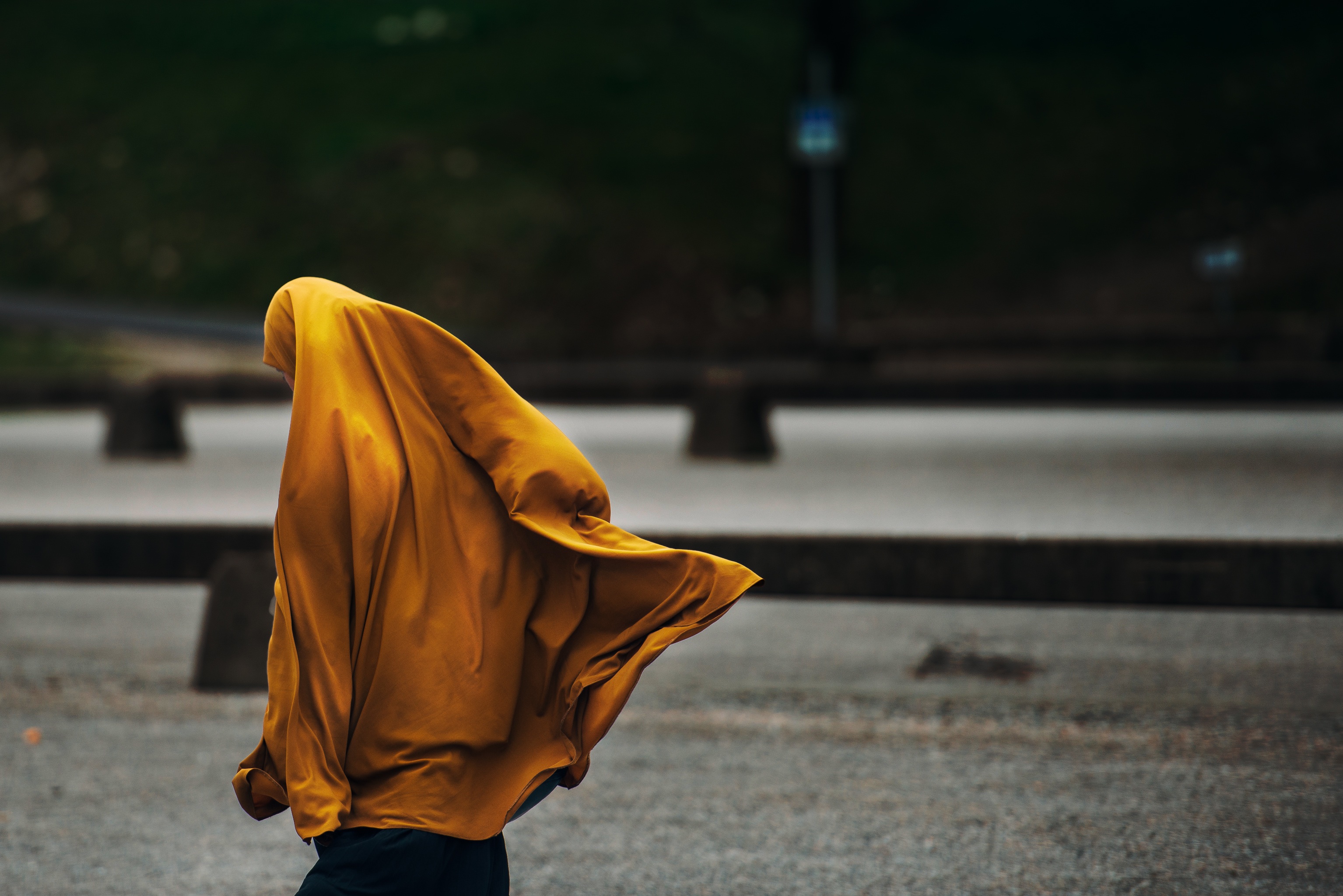The views expressed in opinion columns are the author’s own.
In a post-9/11 society, many Americans have rushed to antagonize the Muslim community. The nation’s increasingly hostile political climate has resulted in the targeting of Muslim women who wear hijabs. This bigotry is far-reaching, and women who wear hijabs bear the burden of being seen as both “villains and victims” in an Islamophobic world. According to one study, 69 percent of Muslim women who wear hijabs have reported at least one instance of discrimination. These incidents include not being hired for a job, as in the case of Samantha Elauf, who sued Abercrombie & Fitch when the company would not employ her because of her hijab, The Chicago Tribune reported in September.
These occurrences are outrageous. Traditional clothing that covers one’s head is not exclusively Muslim. Many religions around the globe use various forms of clothing to represent their beliefs, so why do we vilify Muslim women for doing the same?
Take a look at Roman Catholicism. Catholic nuns have traditionally worn habits for centuries, and some Catholic priests also don cassocks, or black suits with a Roman collars to distinguish themselves from Protestant pastors. As a religion brimming with symbolic garments, Catholicism is more similar to Islam regarding clothing than many would think. Even outside Christianity, other faiths such as Sikhism, Buddhism and Orthodox Judaism all include some form of religious garb that represents the faith. Many Sikh men wear turbans and refrain from cutting their hair to show their piety. In the Orthodox Jewish community, women often cover their hair and wear long skirts as a sign of modesty, while men typically grow their beards and wear kippahs. Buddhist monks and nuns also have a particular set of clothing, which includes a bright saffron-colored robe representing the simple lives they vow to lead.
An individual’s choice to wear a garment that represents their faith should be respected. The United States is a nation that embraces diversity and tolerance, making it fundamentally un-American to discriminate against a Muslim woman for wearing a hijab. Much like a Catholic nun’s habit, a Sikh man’s turban or a Jewish man’s kippah, a hijab is just another representation of one’s personal beliefs and should be treated with respect. The fact that Muslim women have been subjected to harassment for wearing a symbol of their faith is unacceptable.
With President Trump’s executive order banning entry of citizens from seven Muslim-majority countries, the adversity Muslim-Americans face will no doubt increase. It is up to those of us who understand the inherent hypocrisy of discriminating against the hijab to speak up against ignorance. To preserve the American promises of liberty and free expression for all, we need to change this prejudicial attitude that has been plaguing our nation.
Asha Kodan is a freshman biology major. She can be reached at ashakodan@ymail.com.



